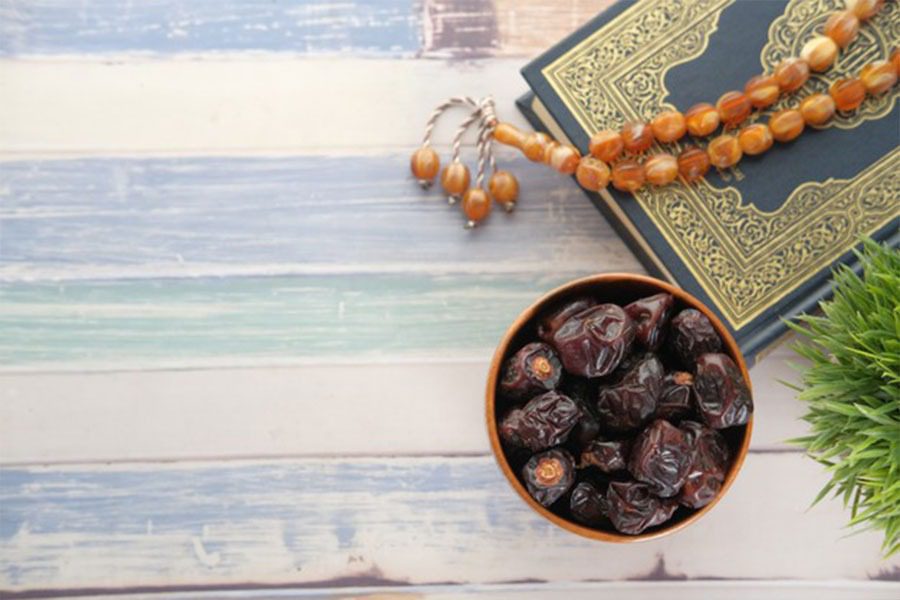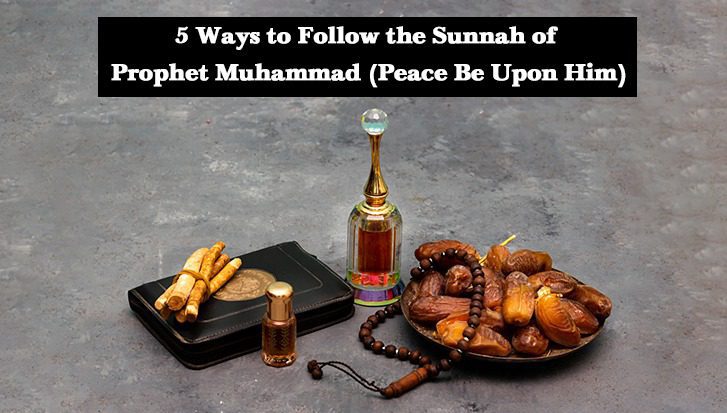In all societies and cultures around the world, women and girls have been victims of ruthless power struggles for centuries. Some areas around the world continue to exercise the patriarchy in different forms such as the denial of education, unequal salaries compared to men in workplaces, forced marriages and prostitution, among many others.
Like so many patriarchal societies at that time, our Prophet Hazrat Muhammad(ﷺ) came at a time when the Arab society was rife with abhorrent practices against girls. He spread the words of Allah and preached Islam, liberating women and girls in every walk of life, education is a prime aspect. Thus, Allah has given women the right to education through this religion.
The first verse of revelation was about education for all as Allah said,” Read in the name of your Lord who created, created man from a clinging form. Read! Allah is the Most Generous, who taught by means of the pen; taught man what he did not know”.
So, mankind was addressed in these verses to seek knowledge and delve into critical thinking. Therefore, the emphasis laid on the acquisition of knowledge surpasses any statement or action denying girls’ the right to education.
As it does so in several other places in the Quran, the word “men” refers to humankind when Allah addresses humanity. Therefore, it is clear through these verses that engaging in critical thinking is a moral obligation on both men and women.
Our prophet(ﷺ) said in some Ahadith: “Seeking knowledge is mandatory for every Muslim.” And in another: “He who has a slave-girl and teaches her good manners and improves her education will get a reward.”
Thus, education is not a right but a responsibility for every Muslim, male or female. If we see into the information about the intellectual abilities of two wives of Prophet Muhammad (ﷺ): Khadijah and Aishah(R.A), we will understand the right of education for women in Islam.
- Hazrat Khadijah, the first wife of Prophet Muhammad (ﷺ), was a wealthy tradeswoman, the richest woman in Mecca at the time, who exported goods as far away as Syria. She employed several males to manage her large business and to do so then in Arabia, necessitating that you have a high level of understanding and wisdom.
- Aishah Binte Abu Bakr, the youngest wife of Prophet Muhammad (ﷺ), was very talented and possessed an incredible memory. According to Islamic history, she is credited with narrating more than two thousand Hadith as a Muslim scholar and was noted for teaching eminent scholars. Hazrat Aishah (R.A) had a great love for learning and became known for her intelligence and sharp sense of judgment. It is clear from her life that a woman can be a scholar, exert influence over men and women and provide them with inspiration and leadership.
From all these examples, we can understand that Islam promotes education, particularly girls’ education.








